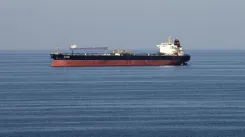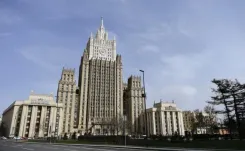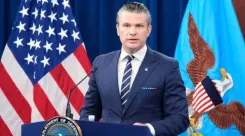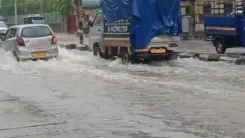Is the US at War with Iran's Nuclear Program?
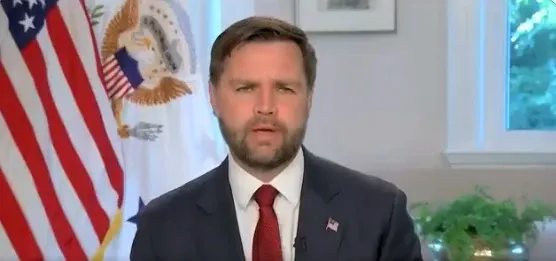
Synopsis
Key Takeaways
- The US is not at war with Iran, but with its nuclear ambitions.
- Diplomatic engagement remains a possibility.
- Operation Midnight Hammer targeted key nuclear facilities.
- Iran's military effectiveness is questioned by US officials.
- Warnings against retaliation from US officials highlight the seriousness of the situation.
New York, June 22 (NationPress) US Vice-President J.D. Vance stated on Sunday that the nation is not engaged in a conflict with Iran, but rather with its nuclear program, signaling a willingness for diplomatic engagement.
President Donald Trump is prepared to respond if Tehran seeks a peaceful resolution.
"We are not at war with Iran," Vance reiterated to two interviewers, using the same phrasing.
"We are at war with Iran's nuclear program."
Following the launch of "Operation Midnight Hammer" which targeted Tehran's three nuclear sites, Vance told ABC News, "I believe the President took decisive measures to dismantle that program last night."
He dismissed any intentions to oust Iranian Supreme Leader Ayatollah Ali Khamenei.
"We are not aiming for regime change," he emphasized on ABC News.
Regarding the potential for a peaceful resolution, Vance mentioned on NBC News, "We haven’t destroyed diplomacy, but it was never genuinely attempted by the Iranians."
With a hint of sarcasm, he remarked, "The Iranians are evidently not very adept at warfare."
"Perhaps they should heed President Trump’s example and consider peace," he added.
"If they are earnest about it, I assure you the President of the United States is as well," he stated.
He expressed uncertainty about the level of destruction inflicted on the three nuclear facilities at Isfahan, Natanz, and Fordow, which Trump claimed had been "completely and totally obliterated."
When asked by ABC News if he was certain of that, Vance replied, "Severely damaged versus obliterated -- I’m not quite sure of the distinction. What we do know is we significantly hindered their (Iran’s) nuclear program."
"They are considerably further from achieving their nuclear capability today than they were just 24 hours ago," he added.
Vance dismissed claims that Iran's Parliament has approved a strategy to shut down the Strait of Hormuz, a vital artery for international energy trade.
He told NBC, "If they choose to ruin their own economy and disrupt global trade, that would be their choice."
"But why would they do that? I find it illogical," he commented.
In contrast, on a Fox News segment, US Secretary of State Marco Rubio urged China to take steps to keep the strait accessible.
"I encourage the Chinese government in Beijing to engage with them about that, as they heavily rely on the Strait of Hormuz for their oil supply," he stated.
Rubio issued a stern warning to Iran against retaliating against the US.
"It would be the gravest error they could make."
"We are not seeking conflict in Iran, but if they provoke us, we possess capabilities they have yet to witness," he concluded.

